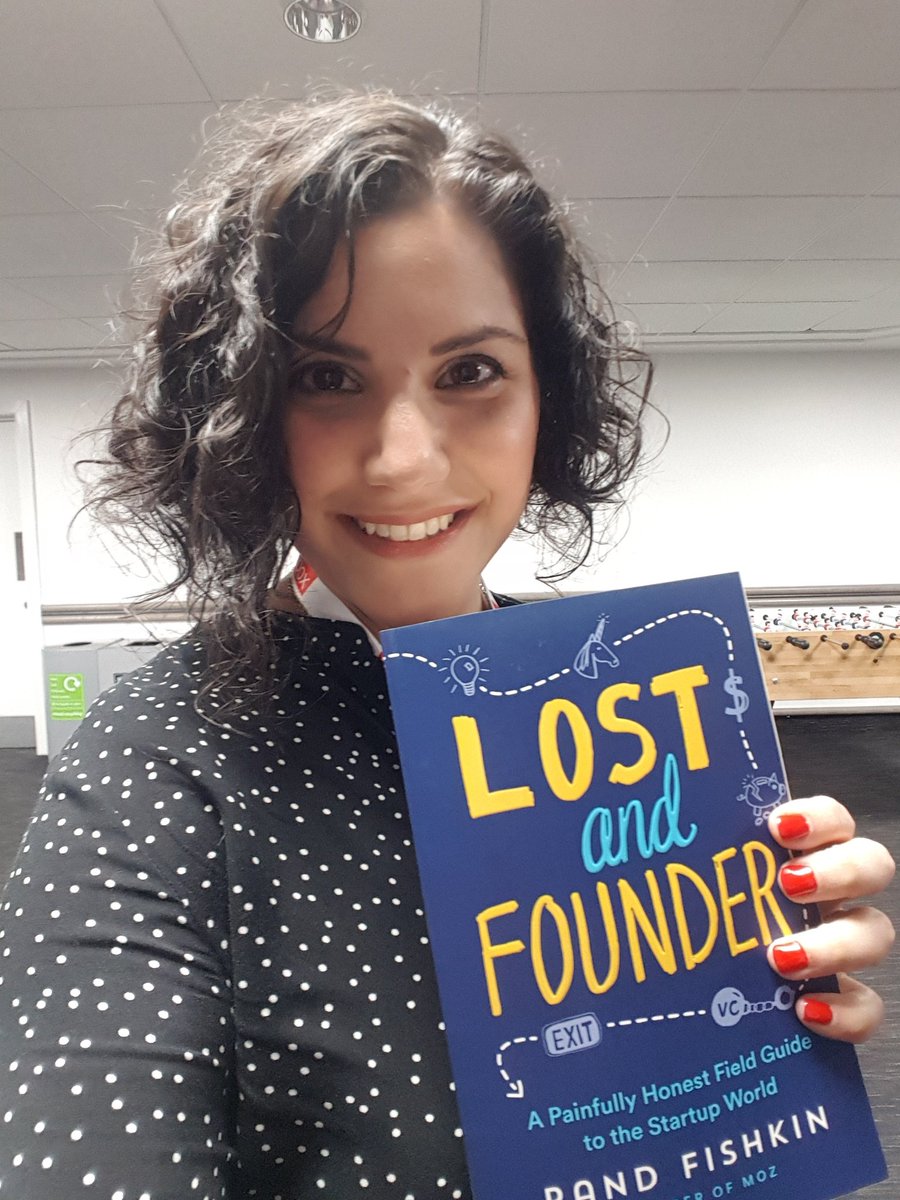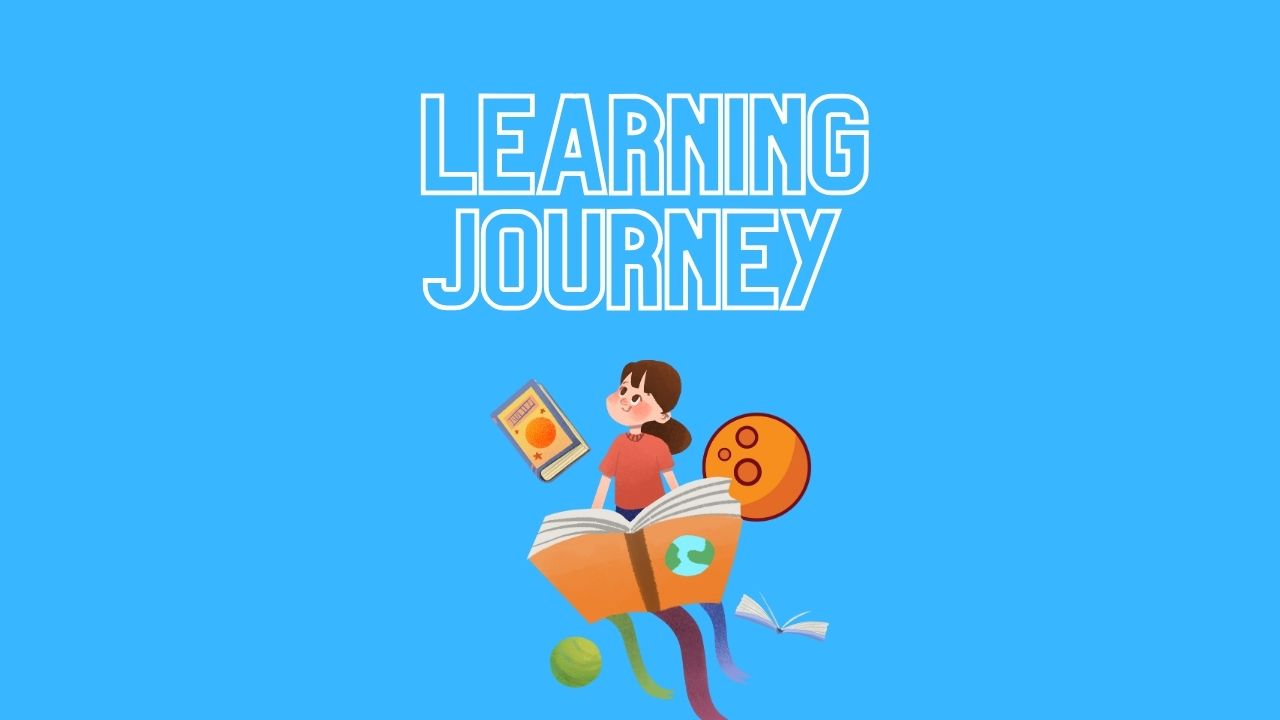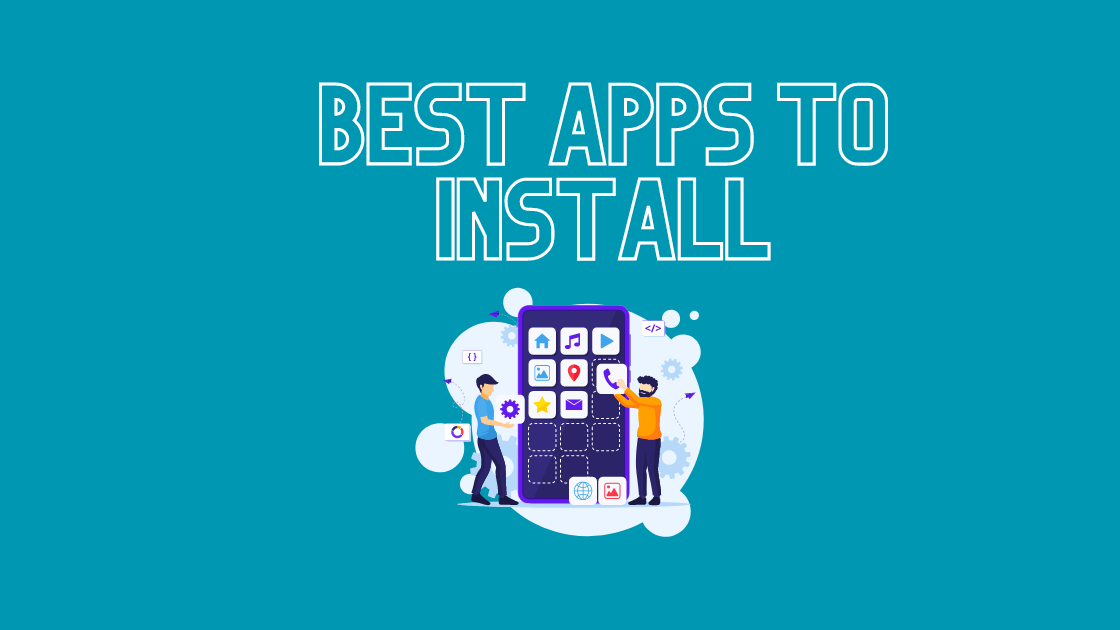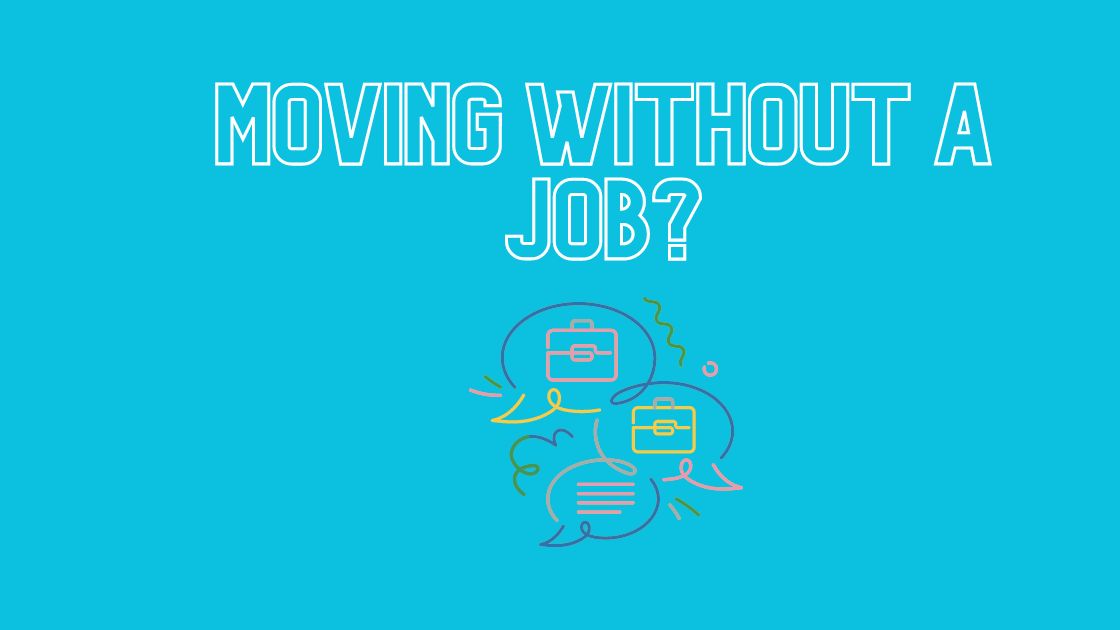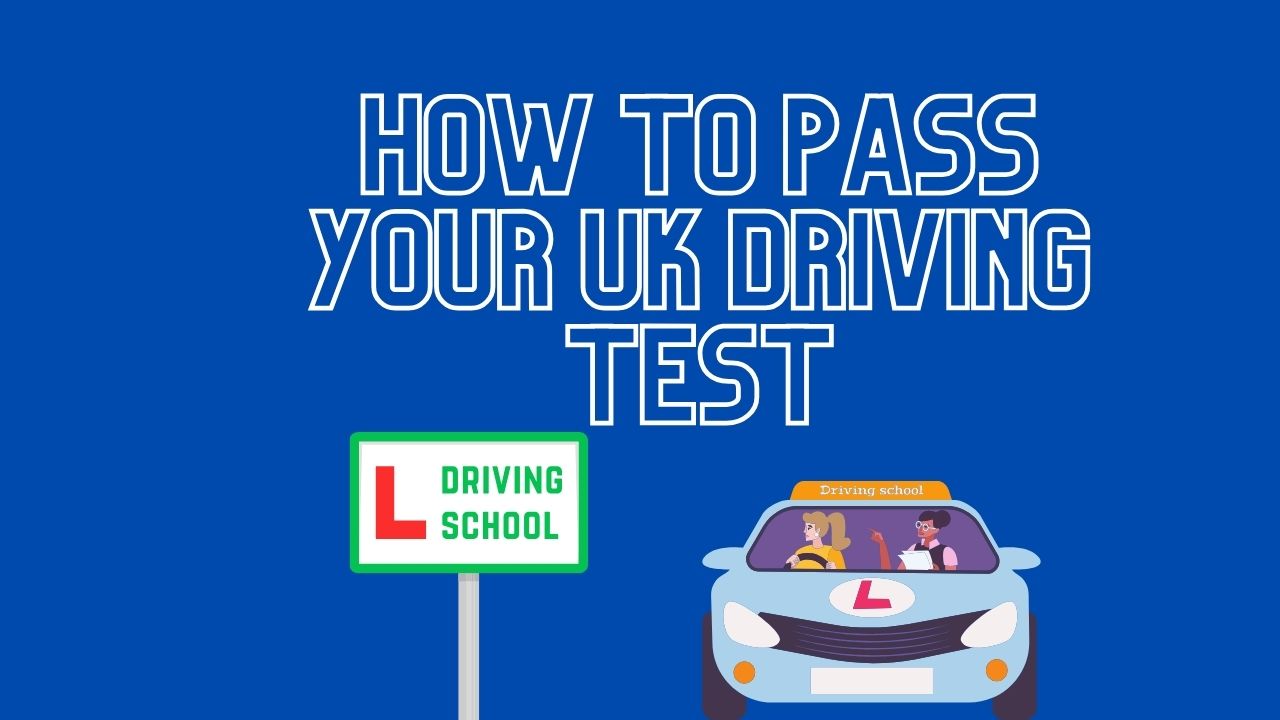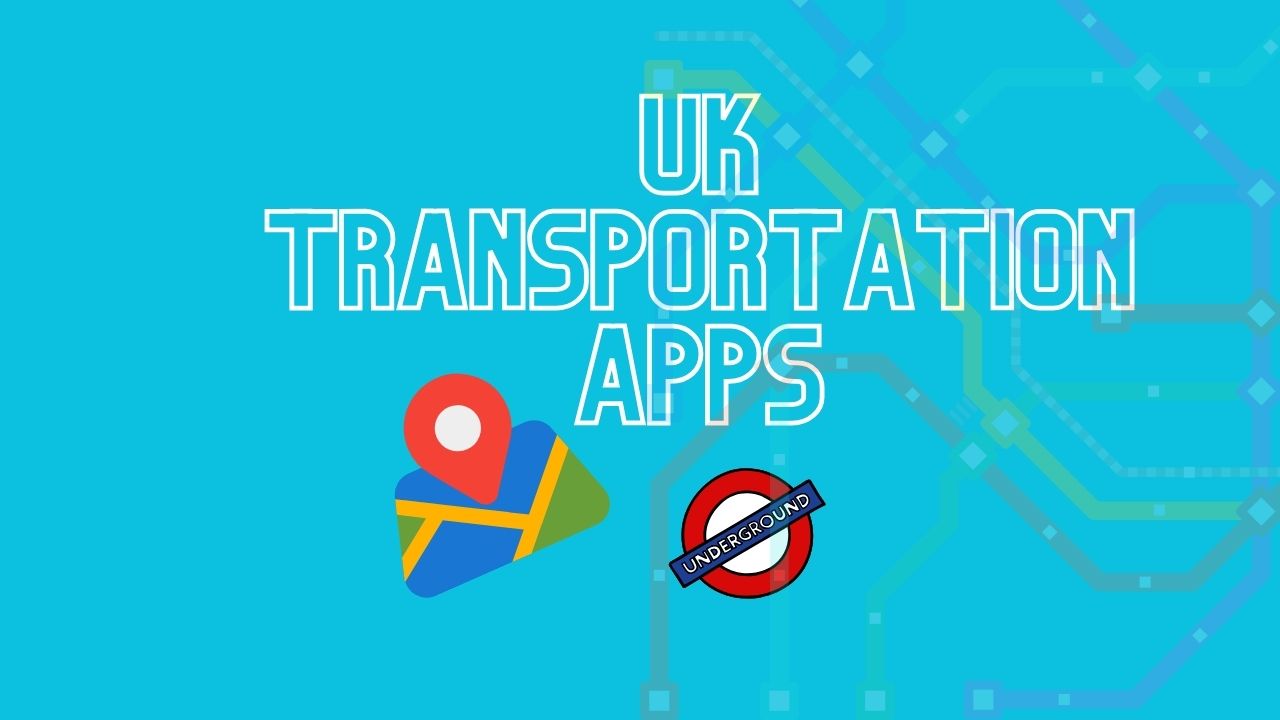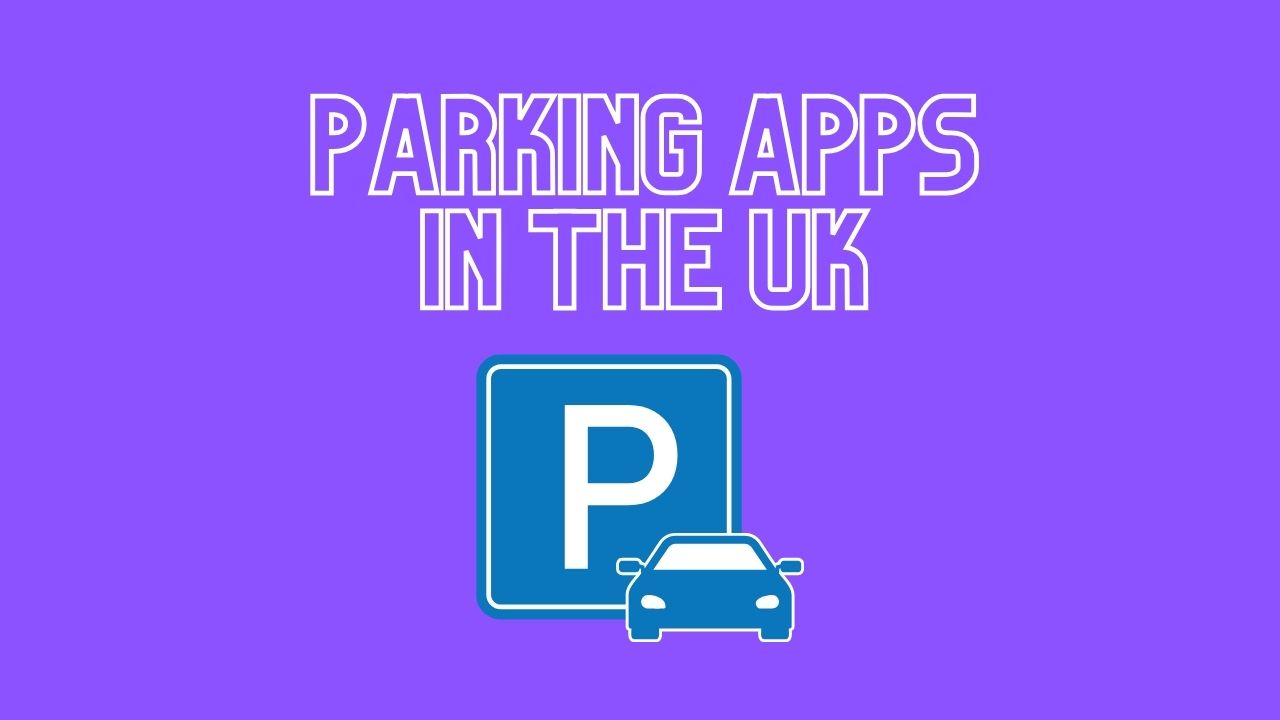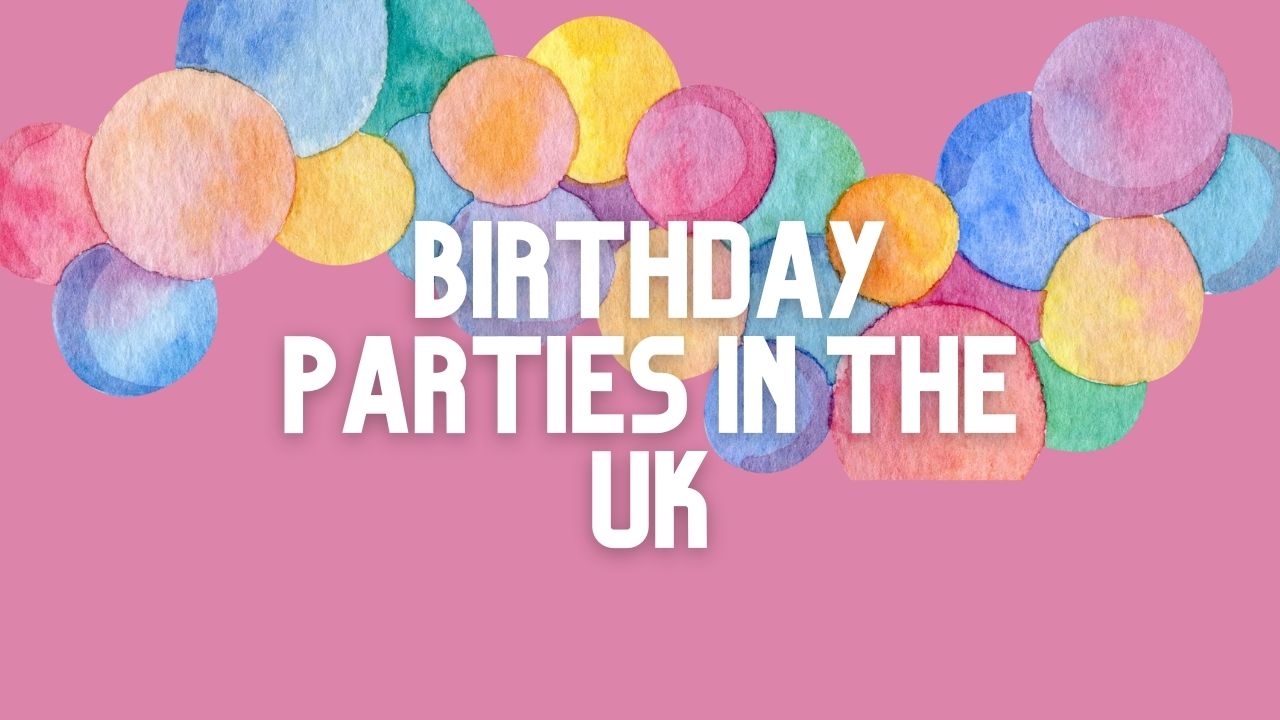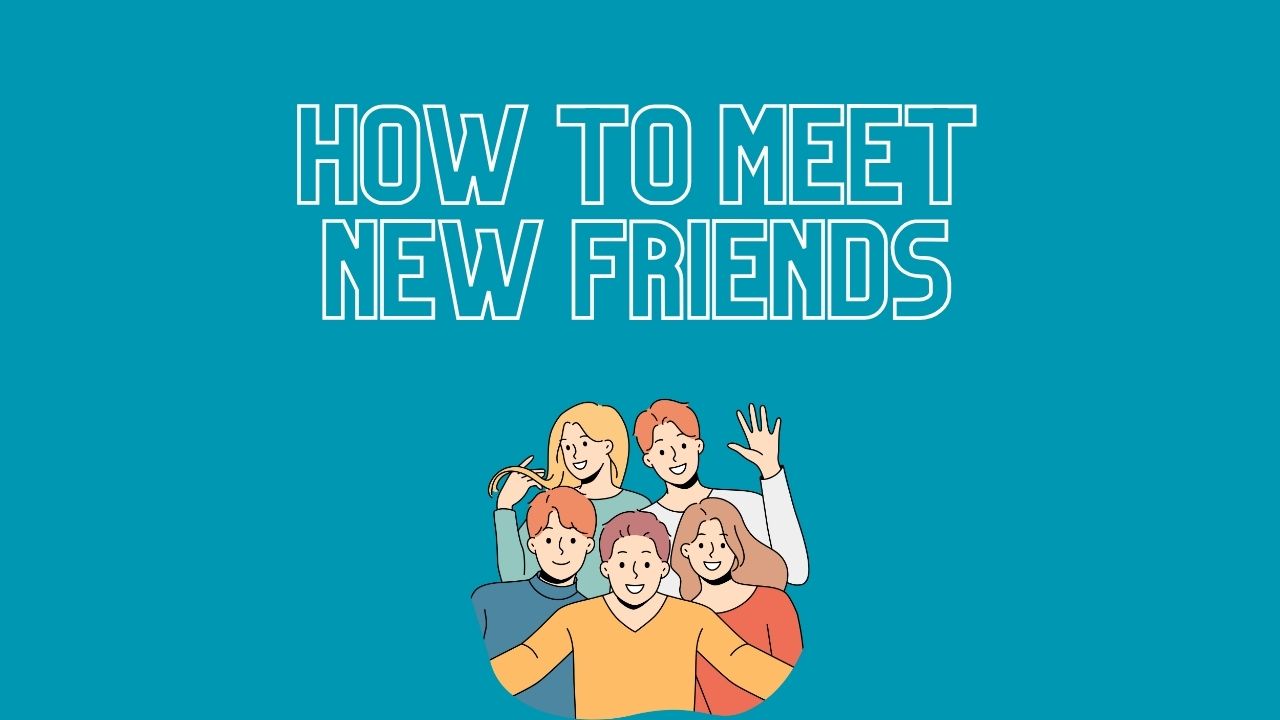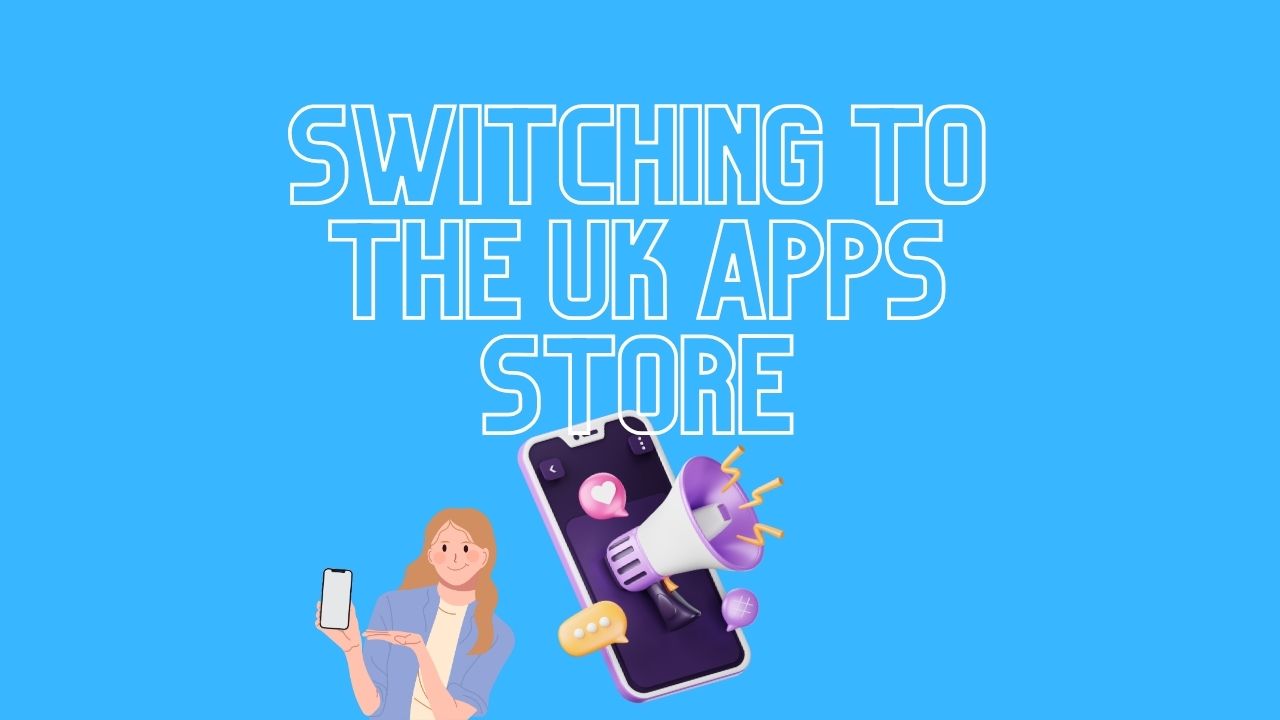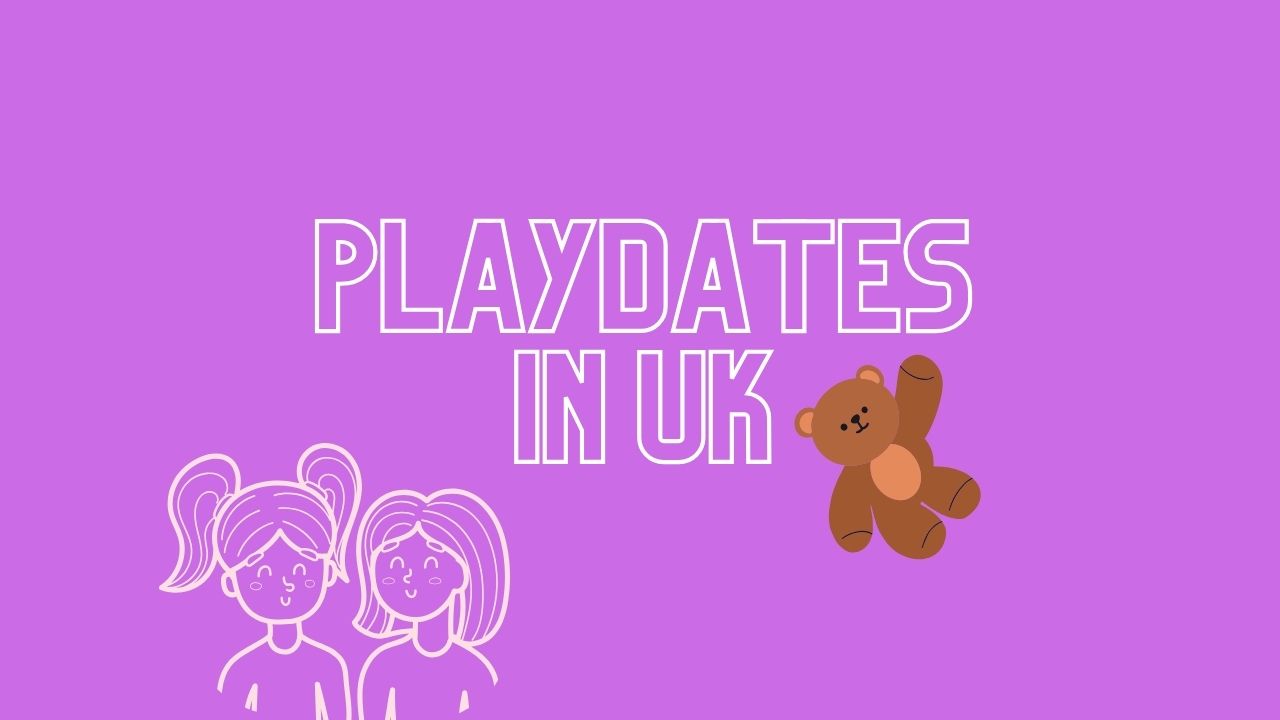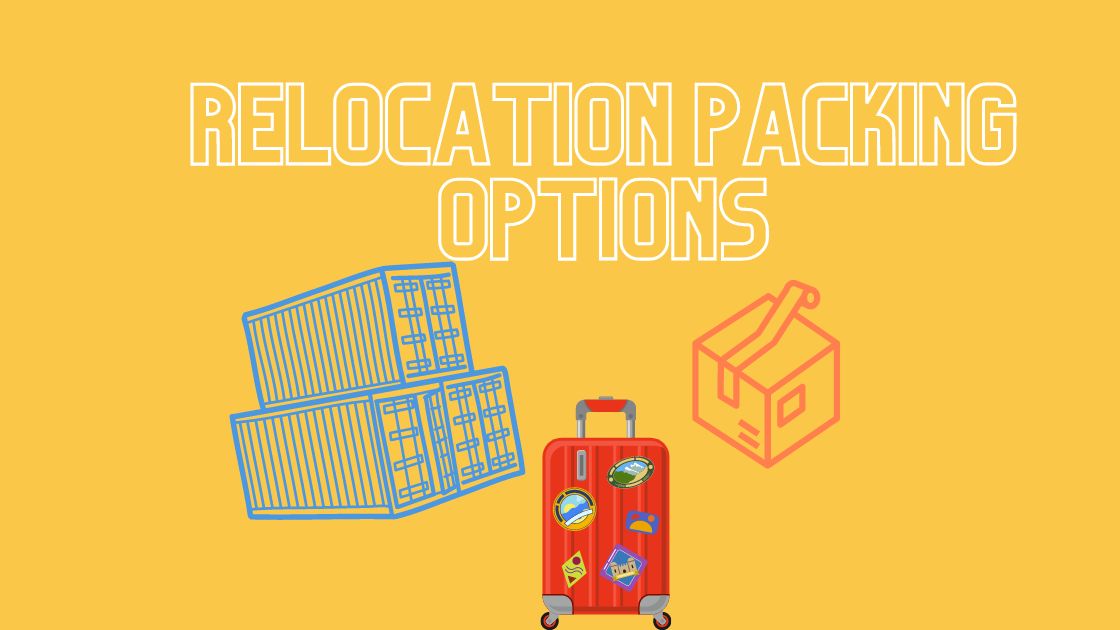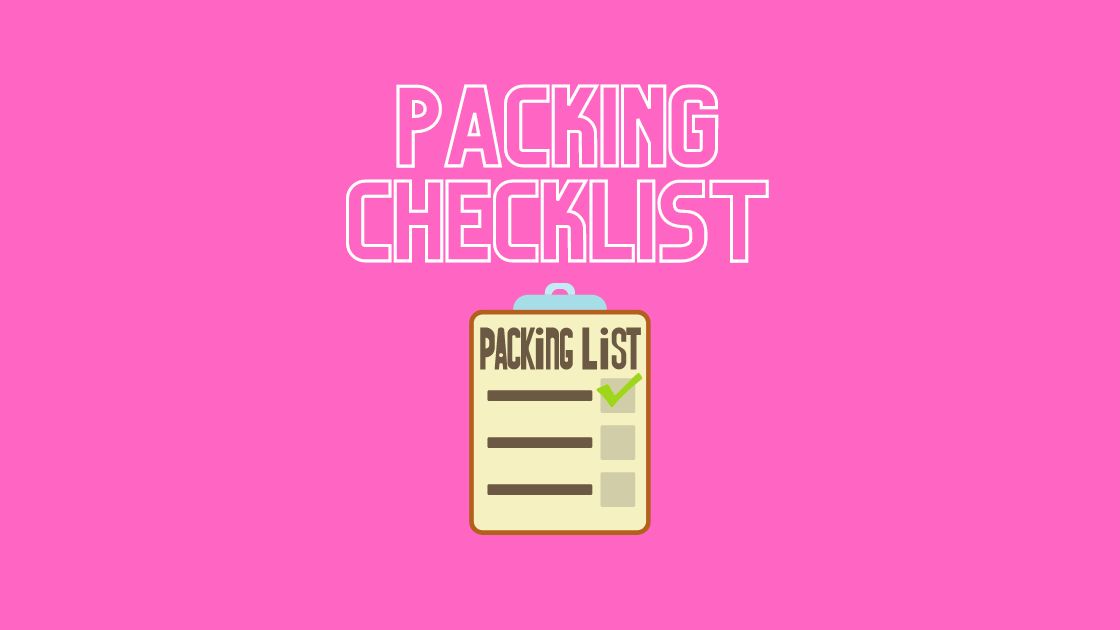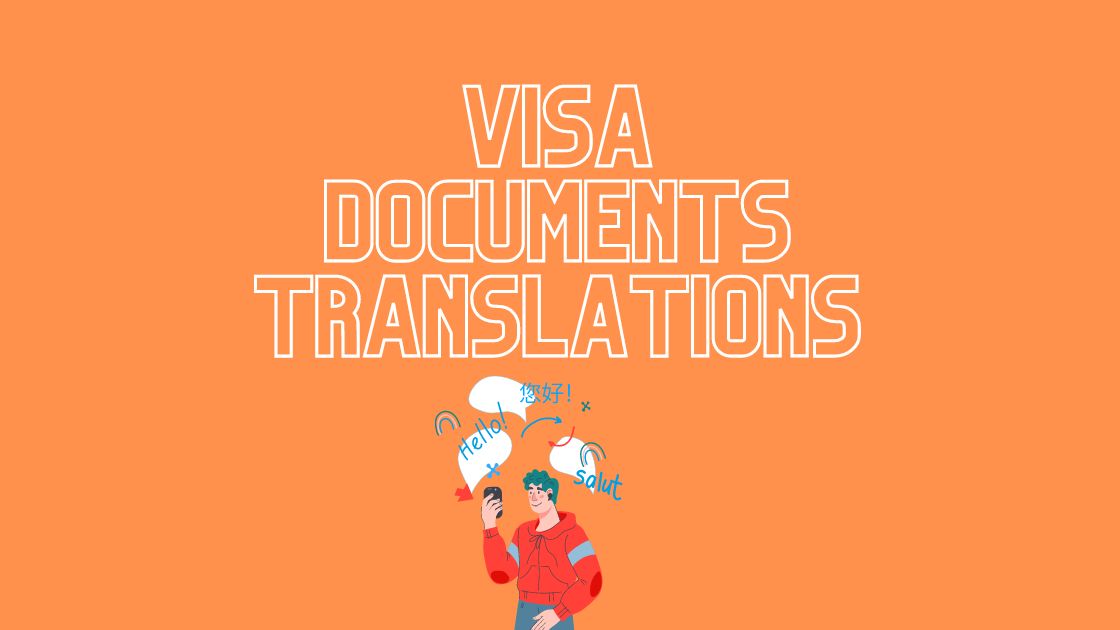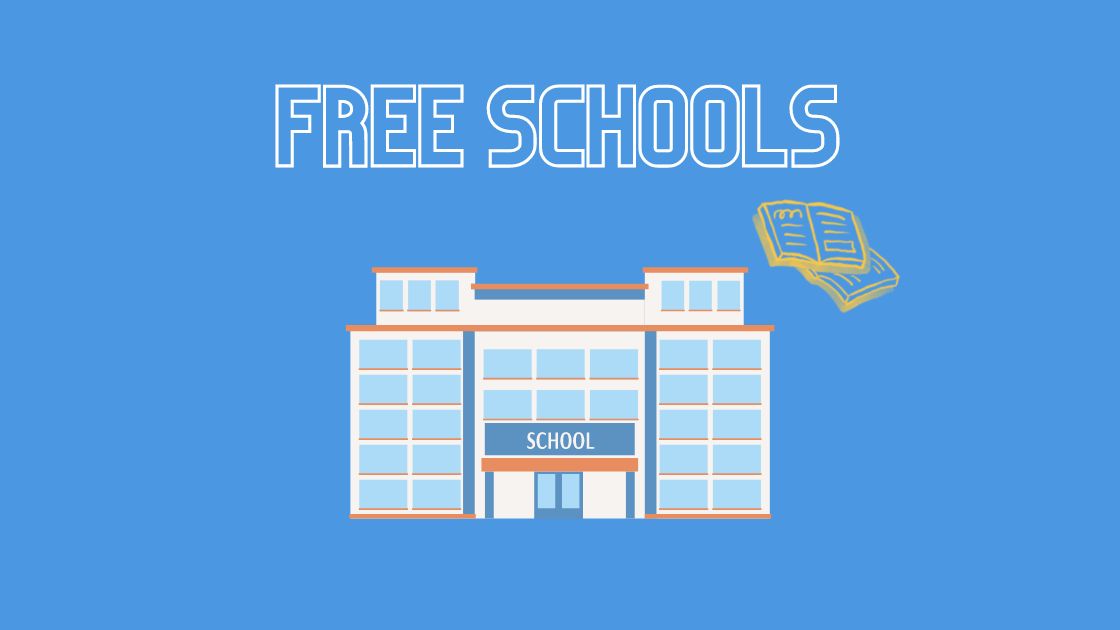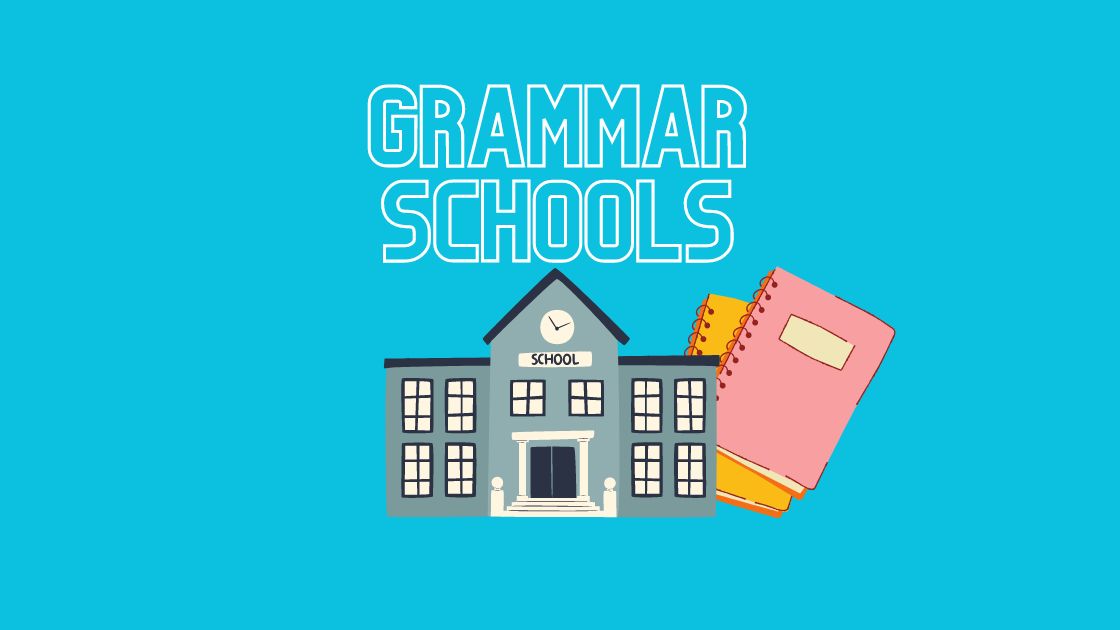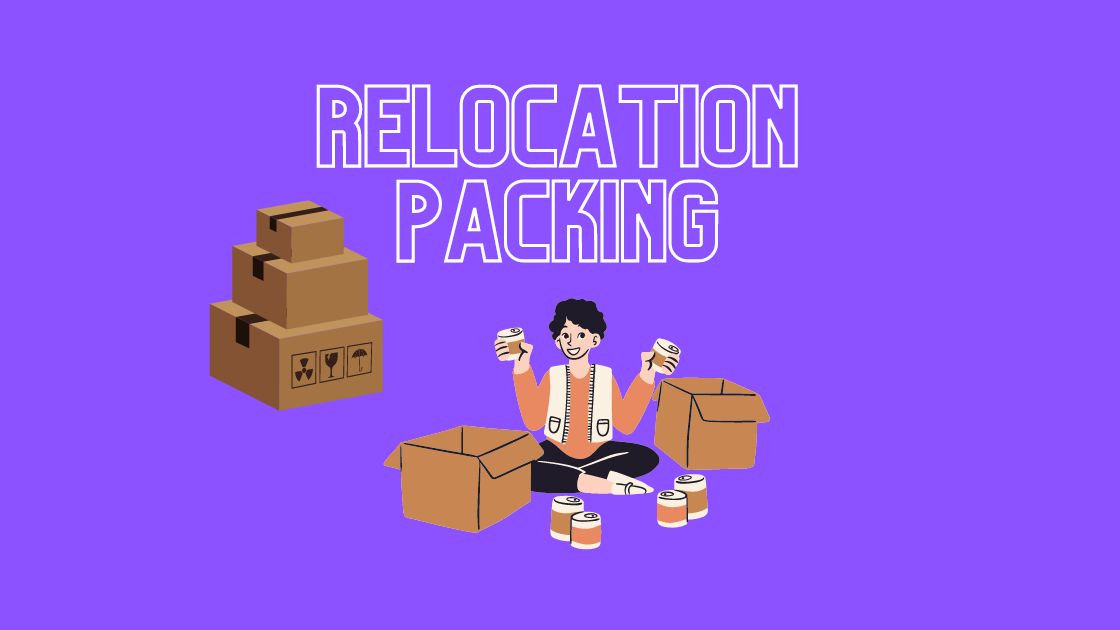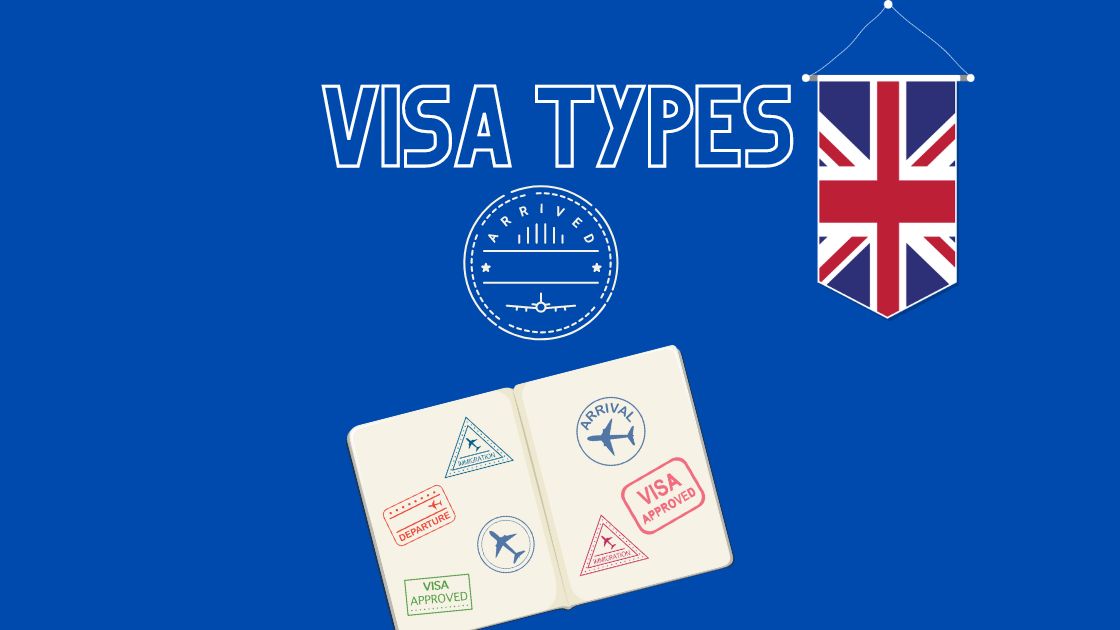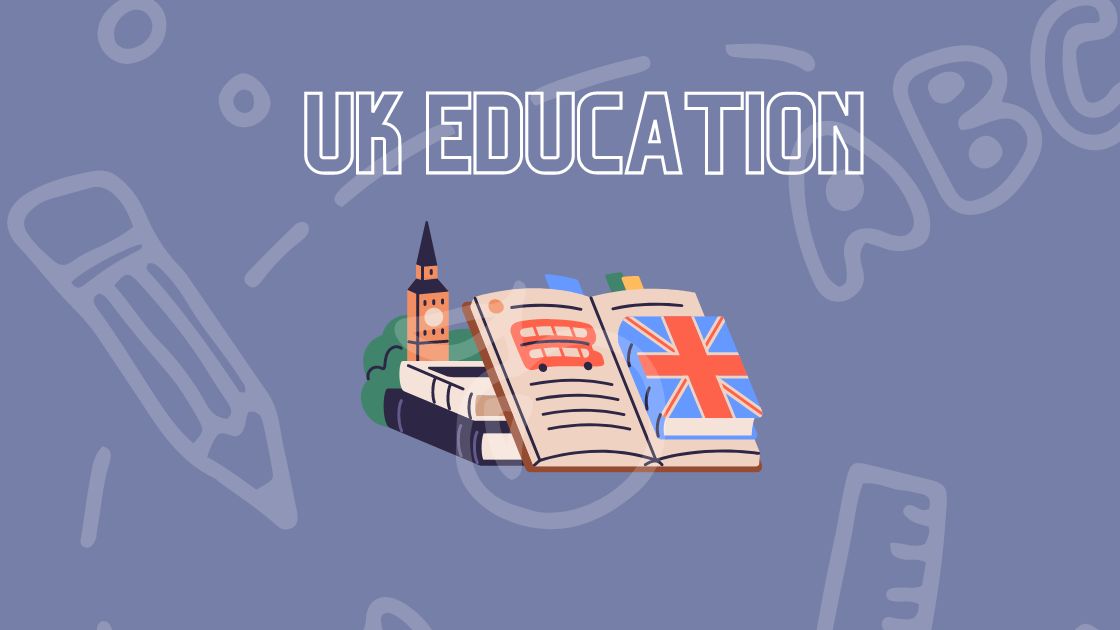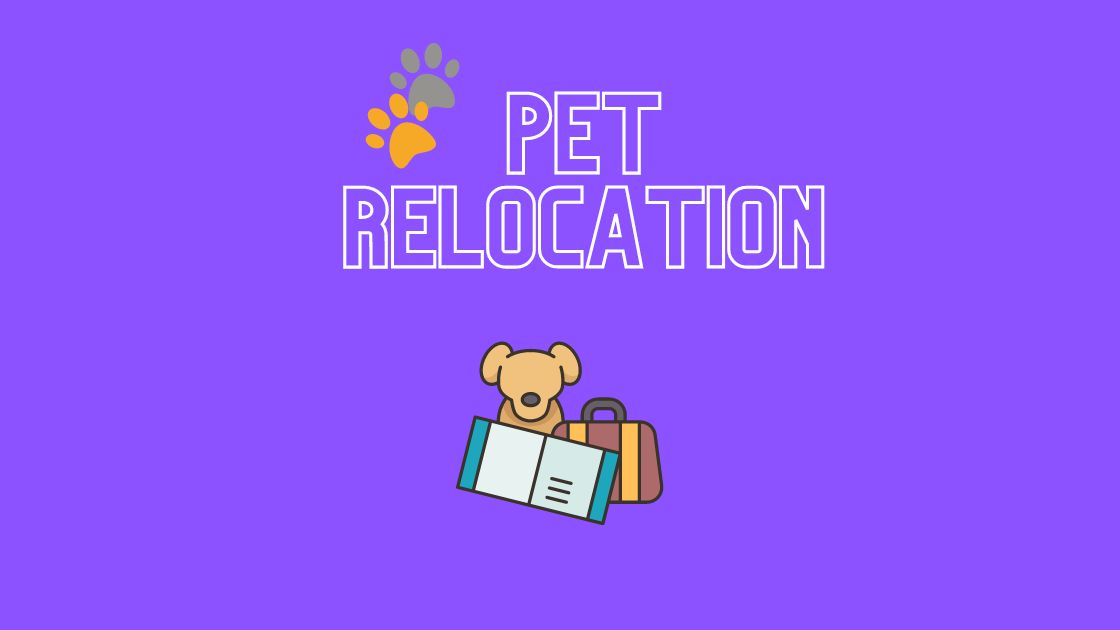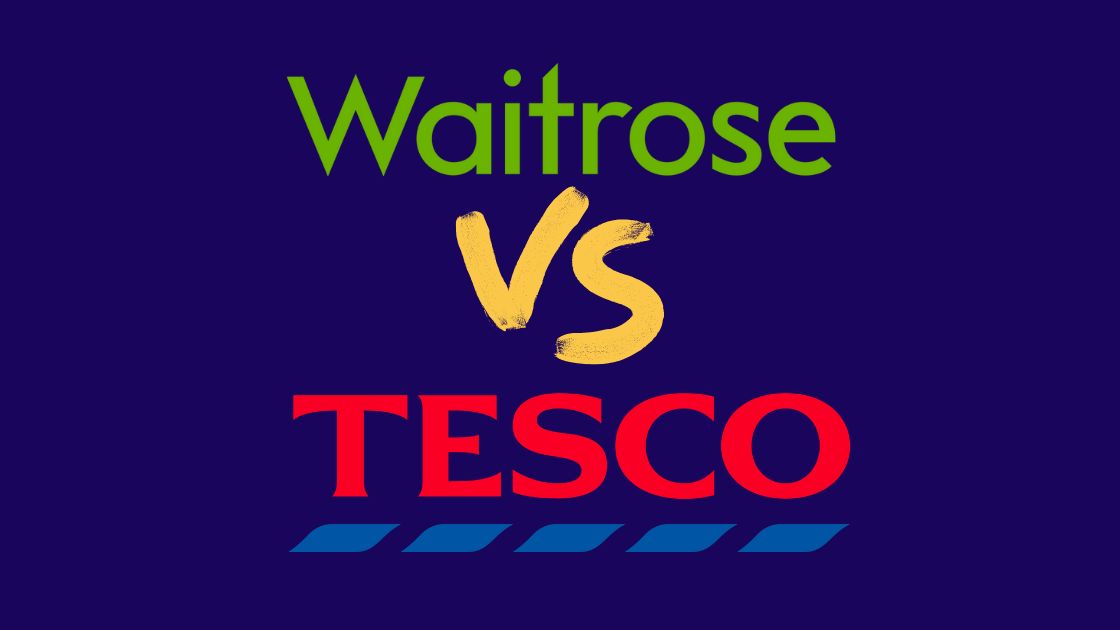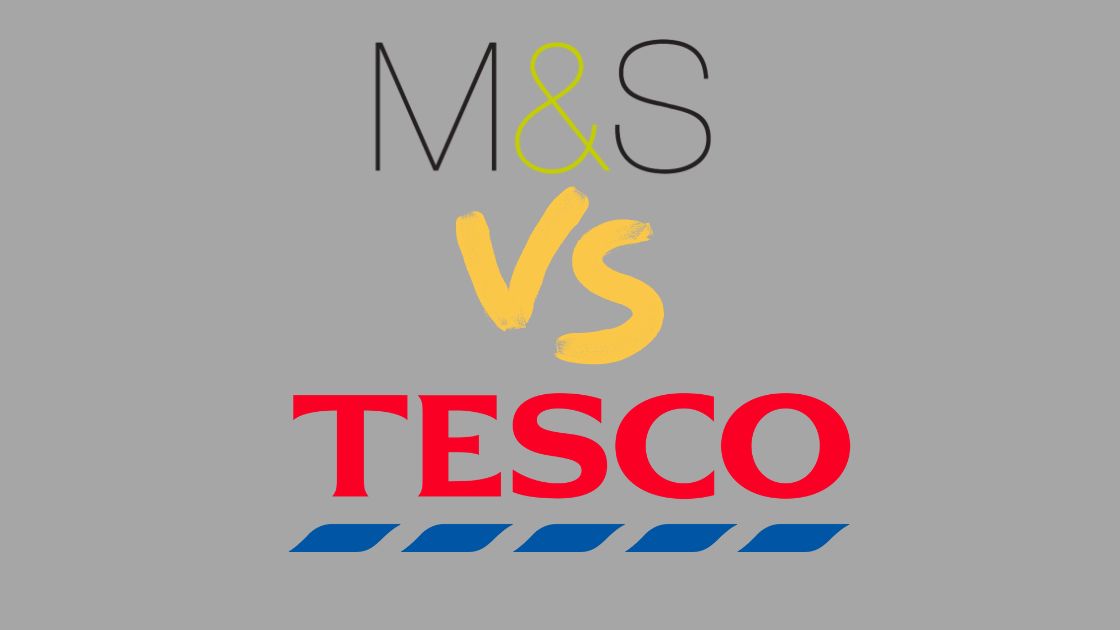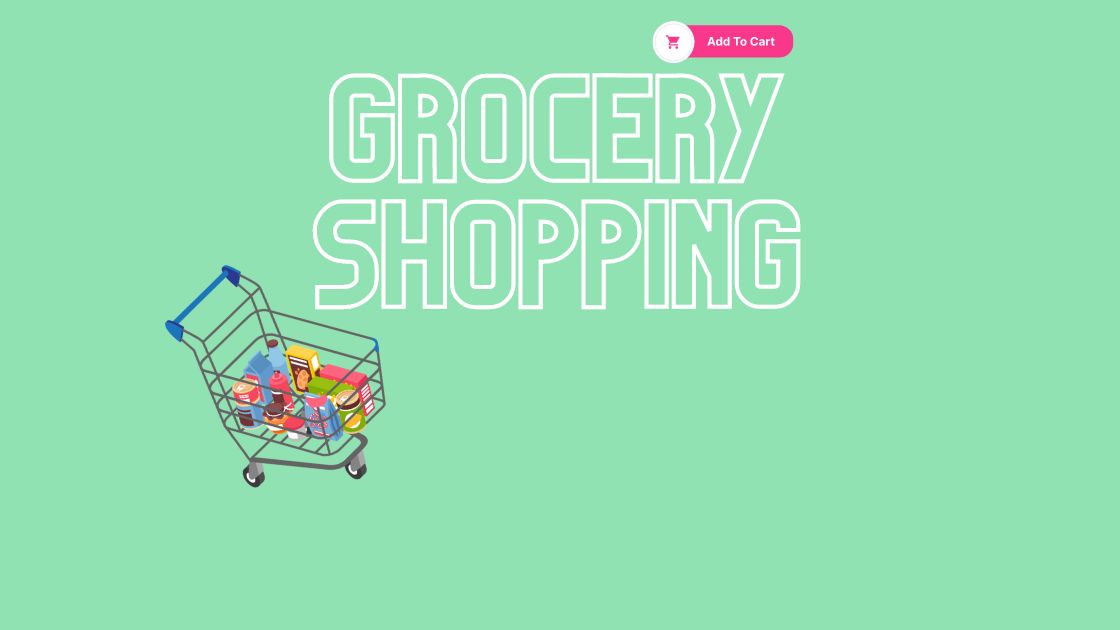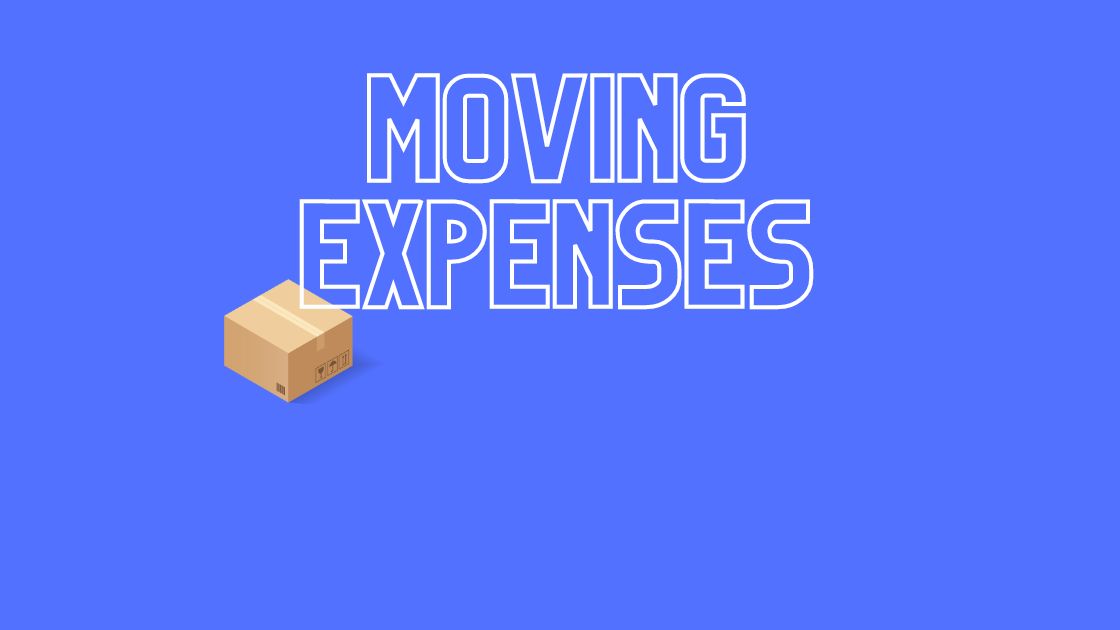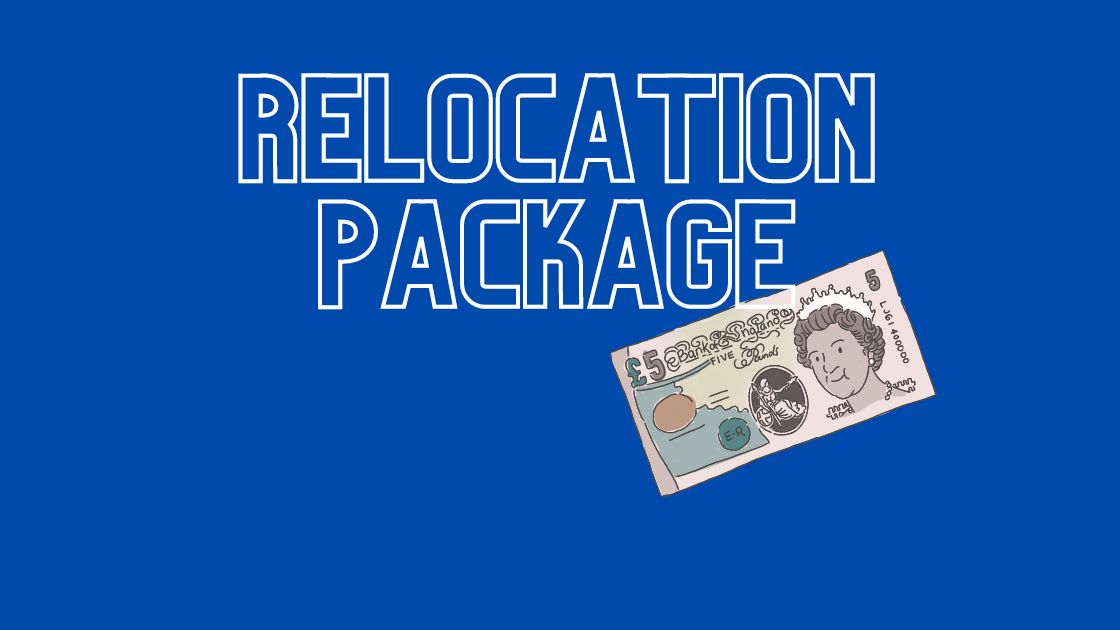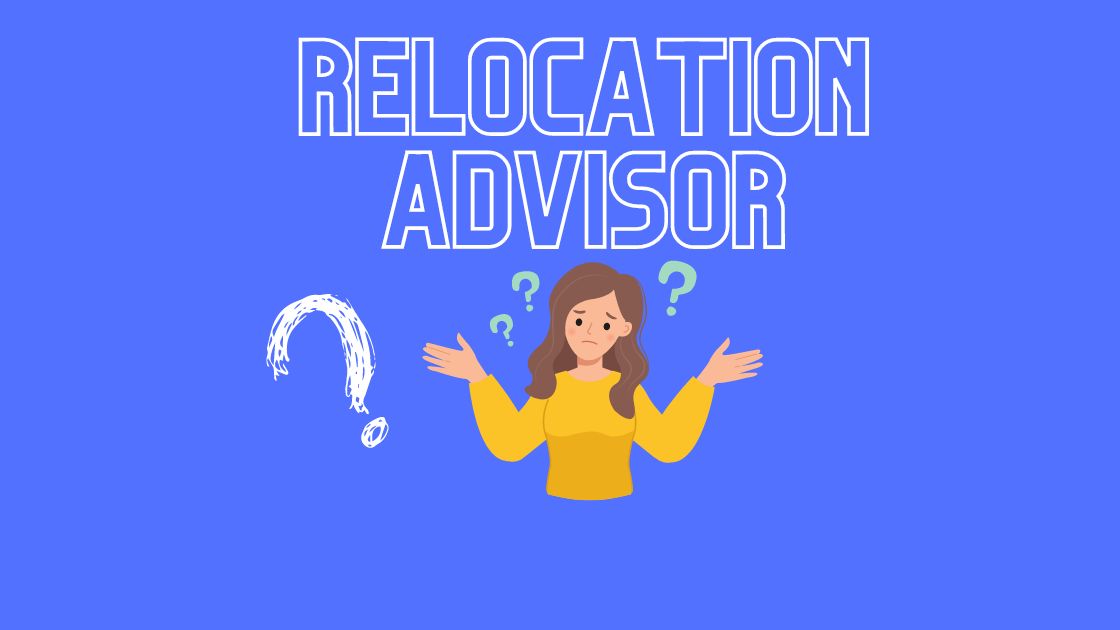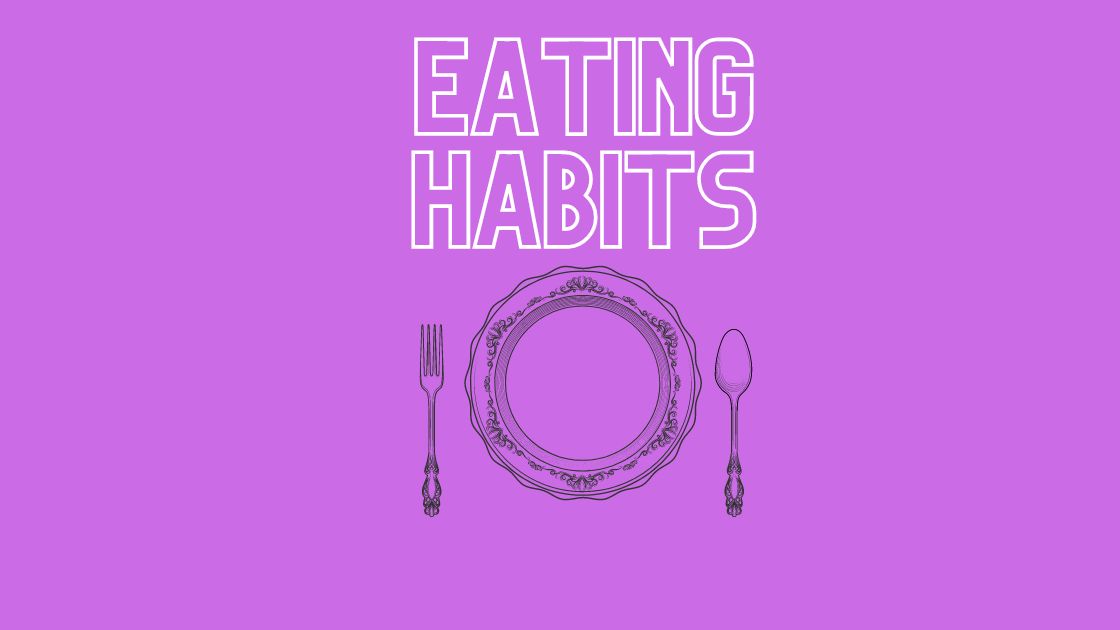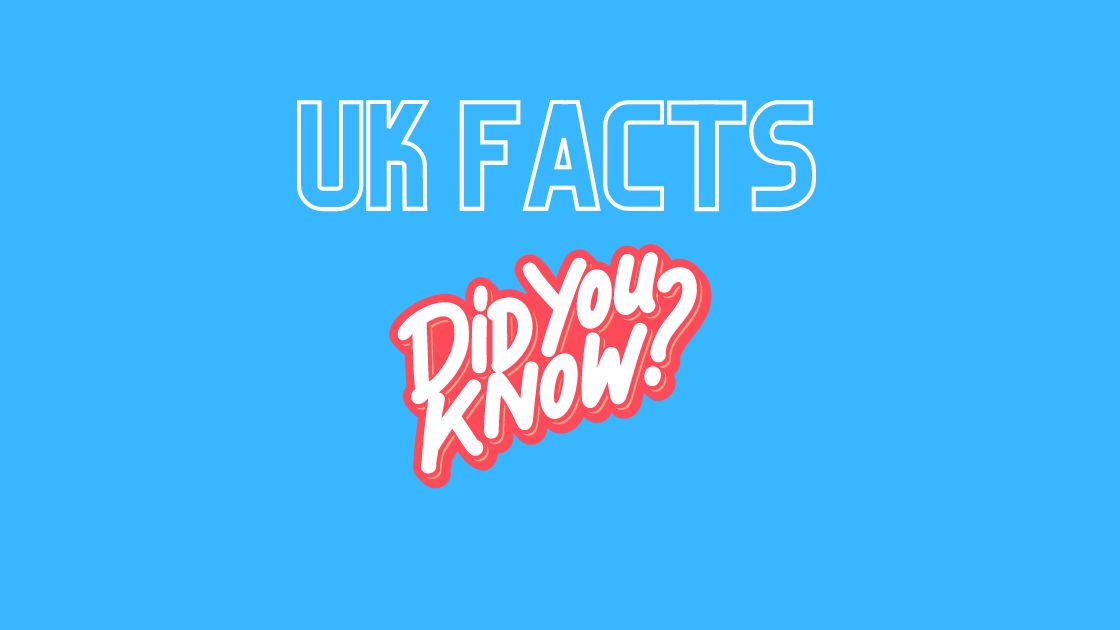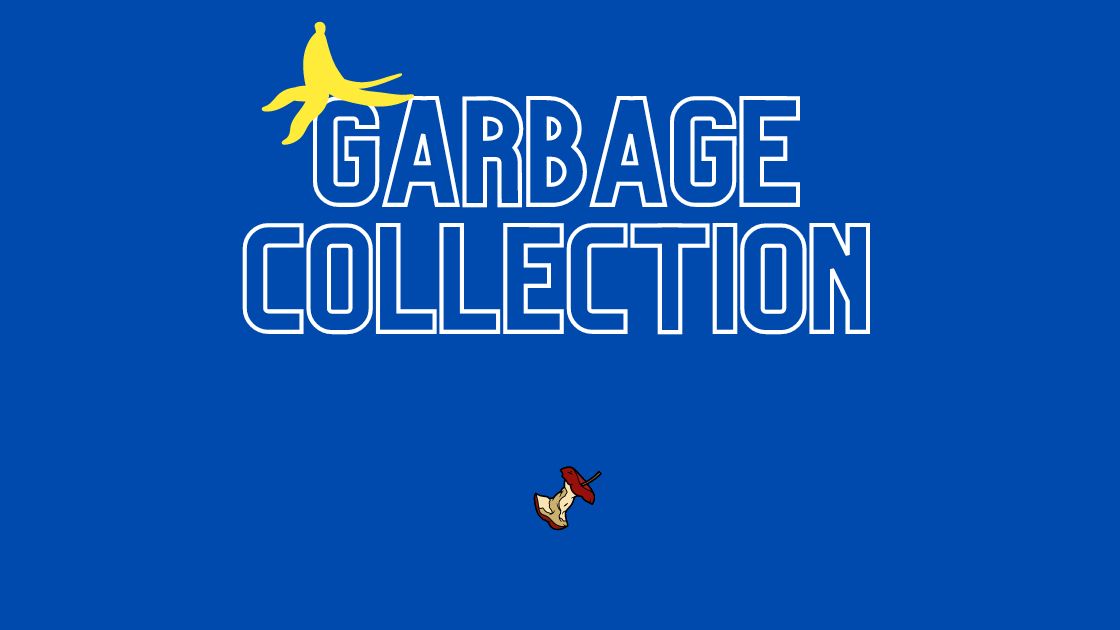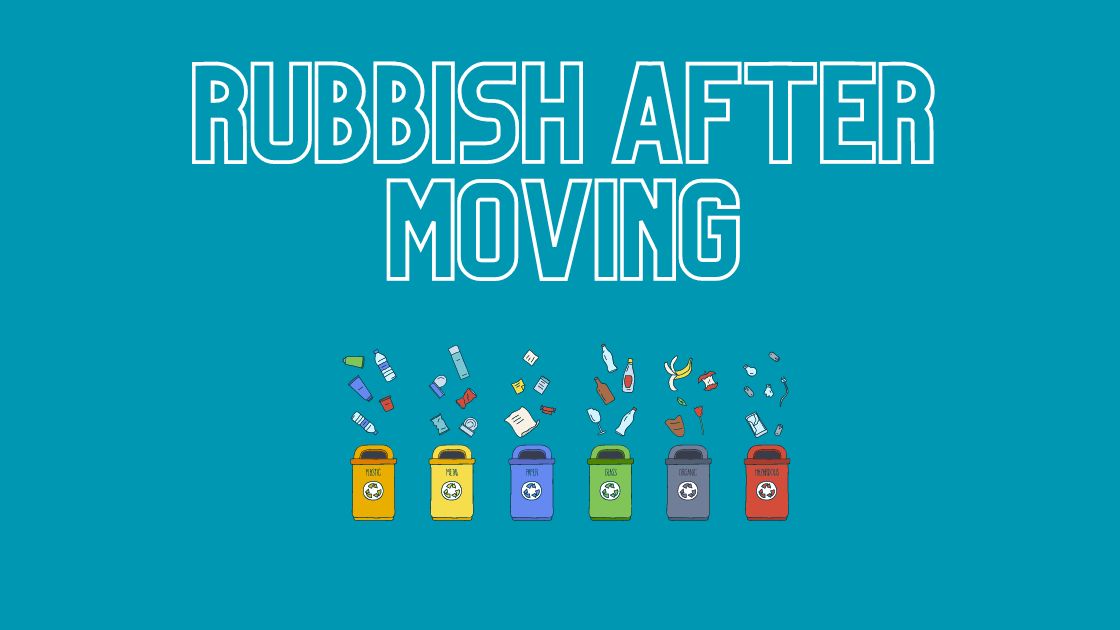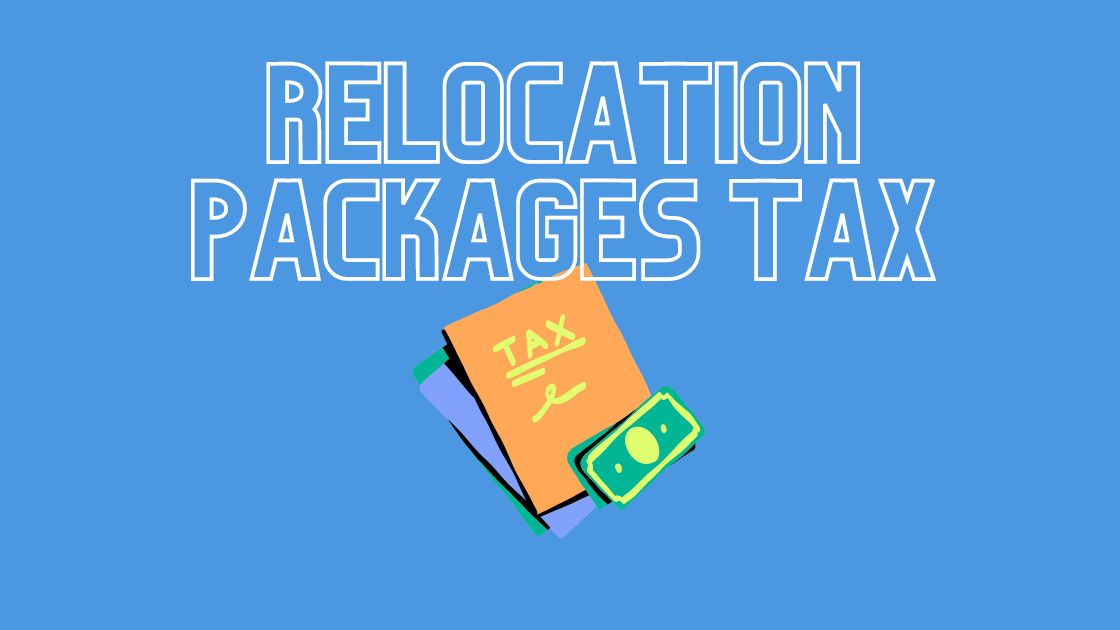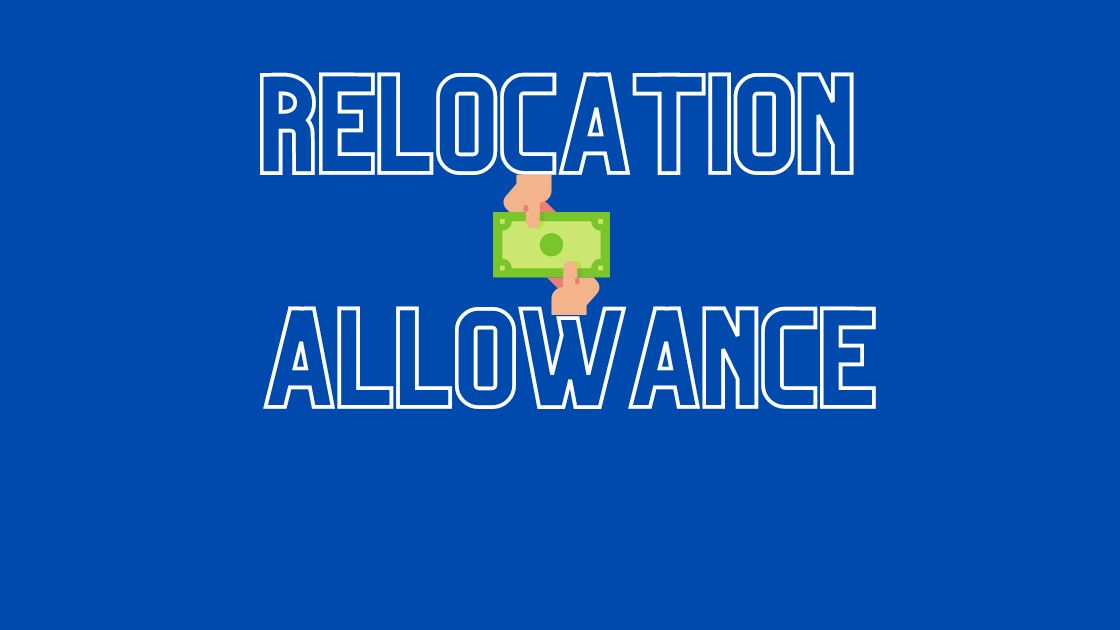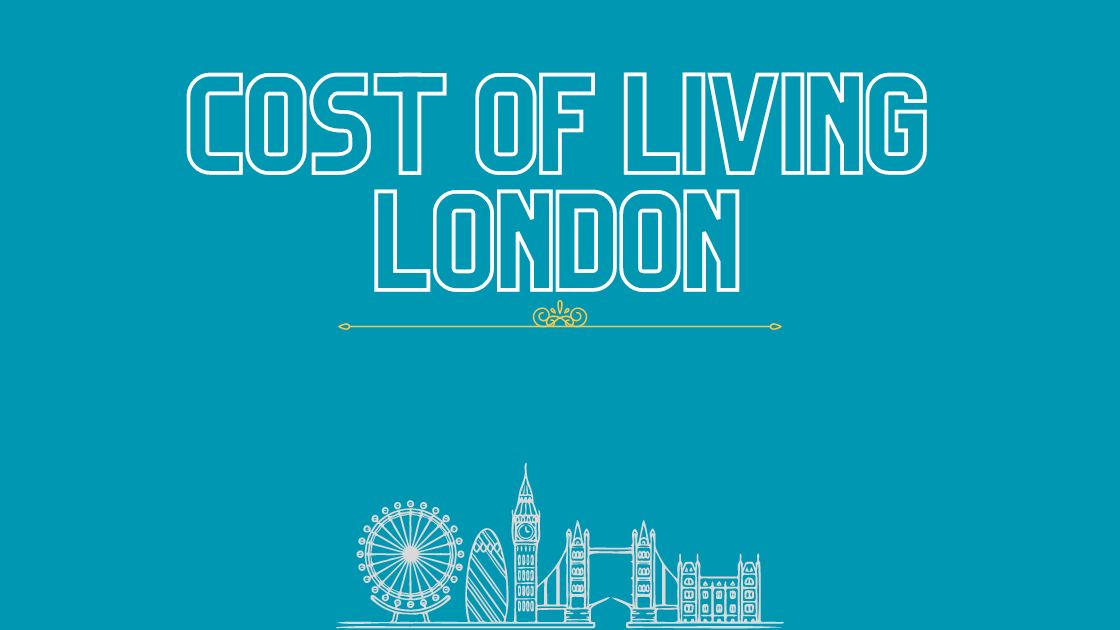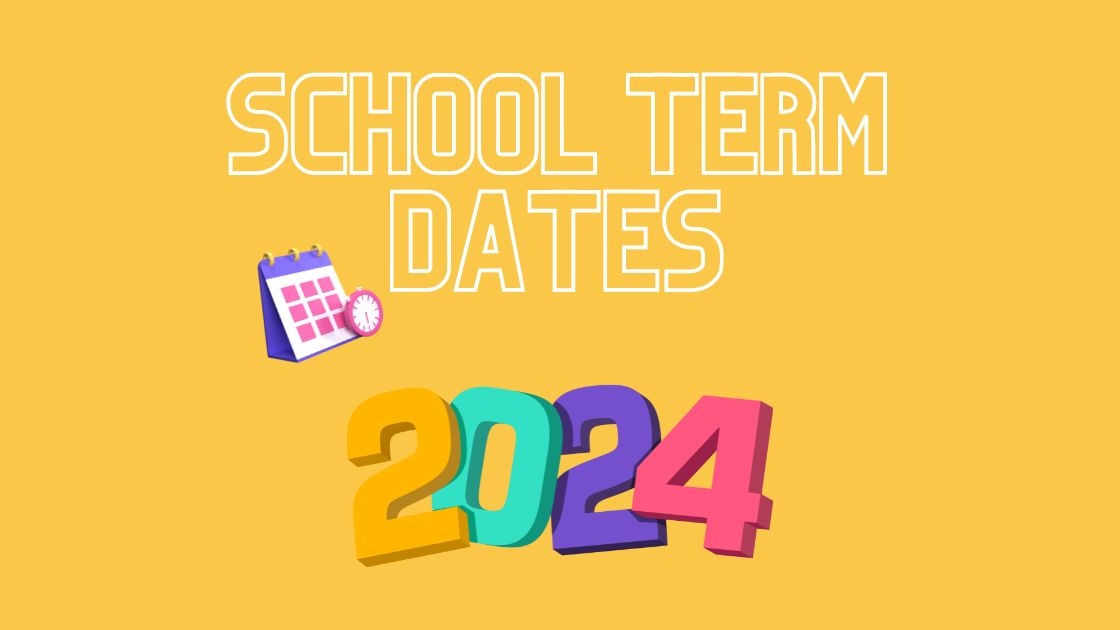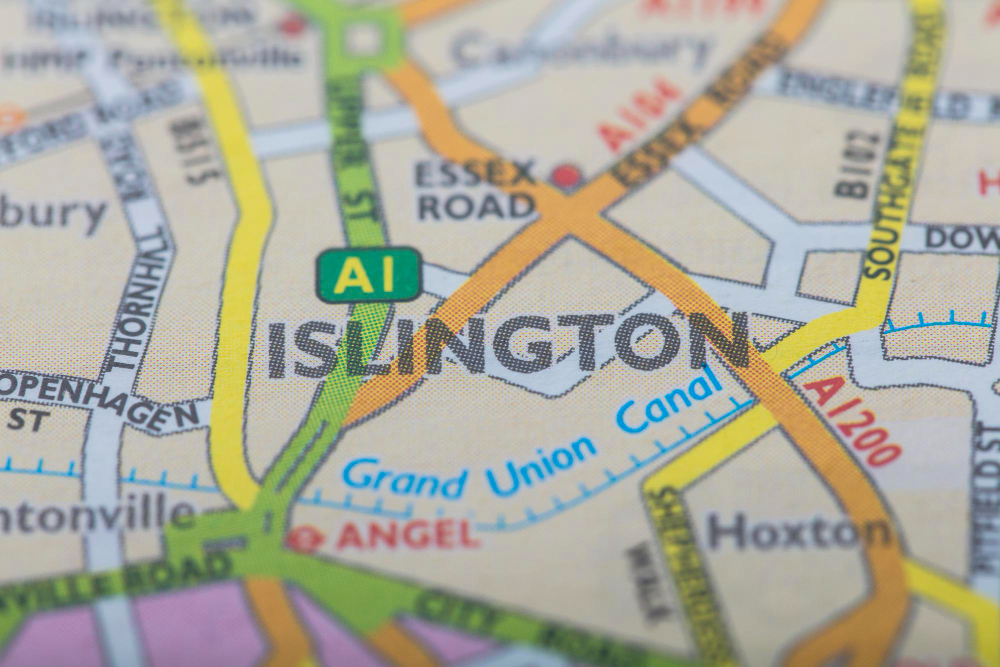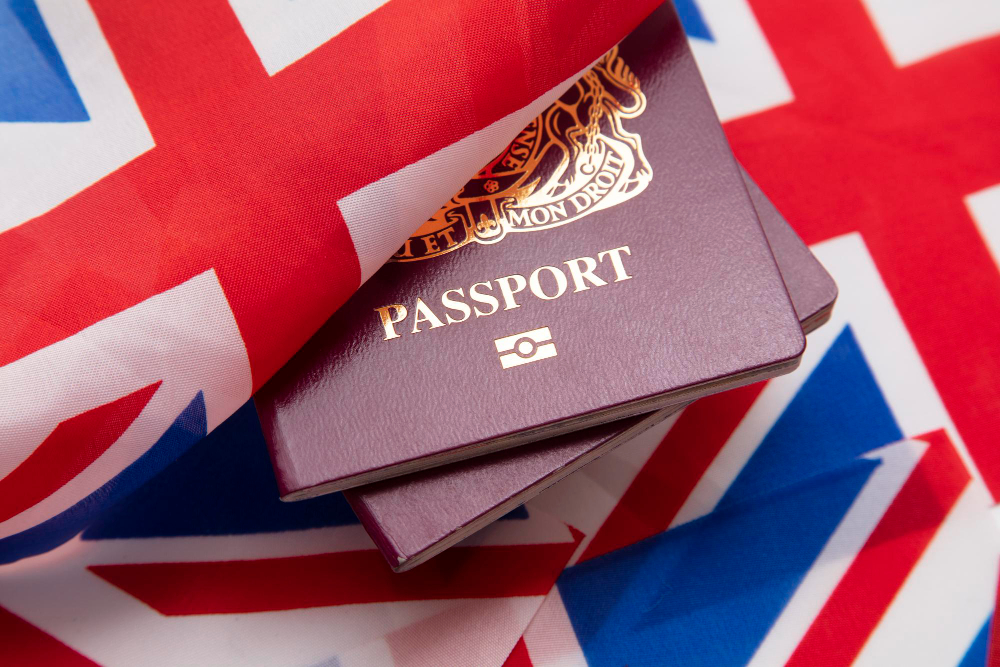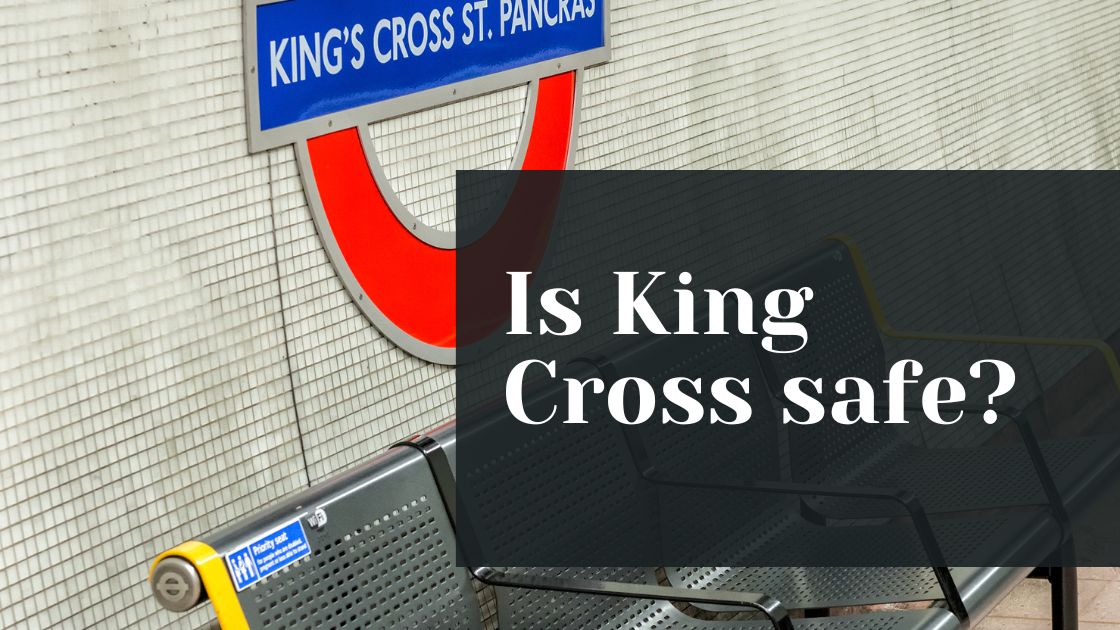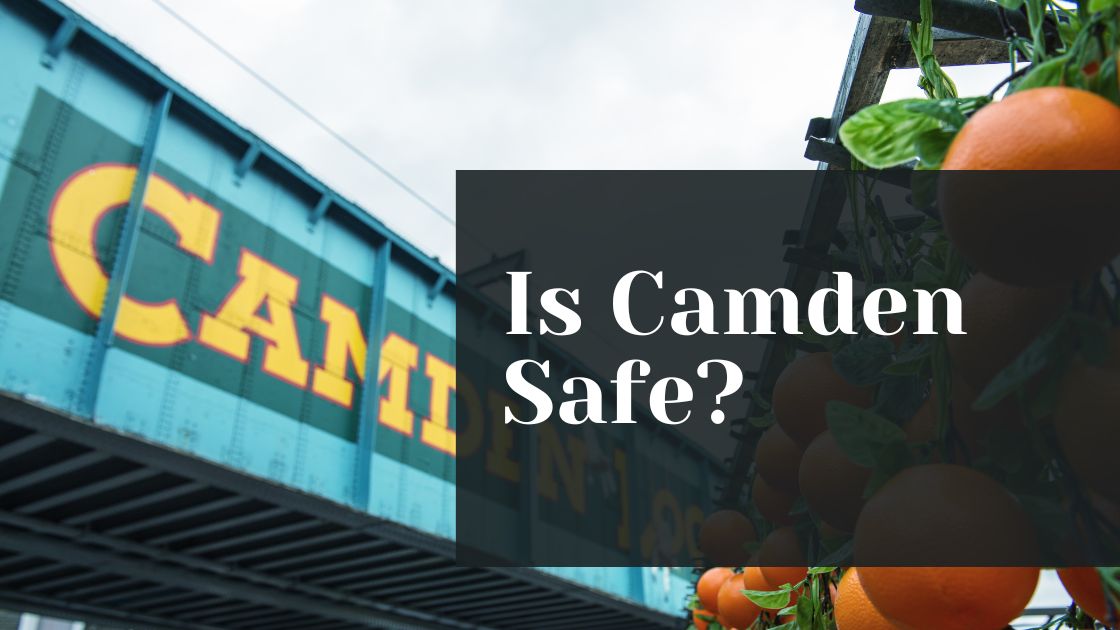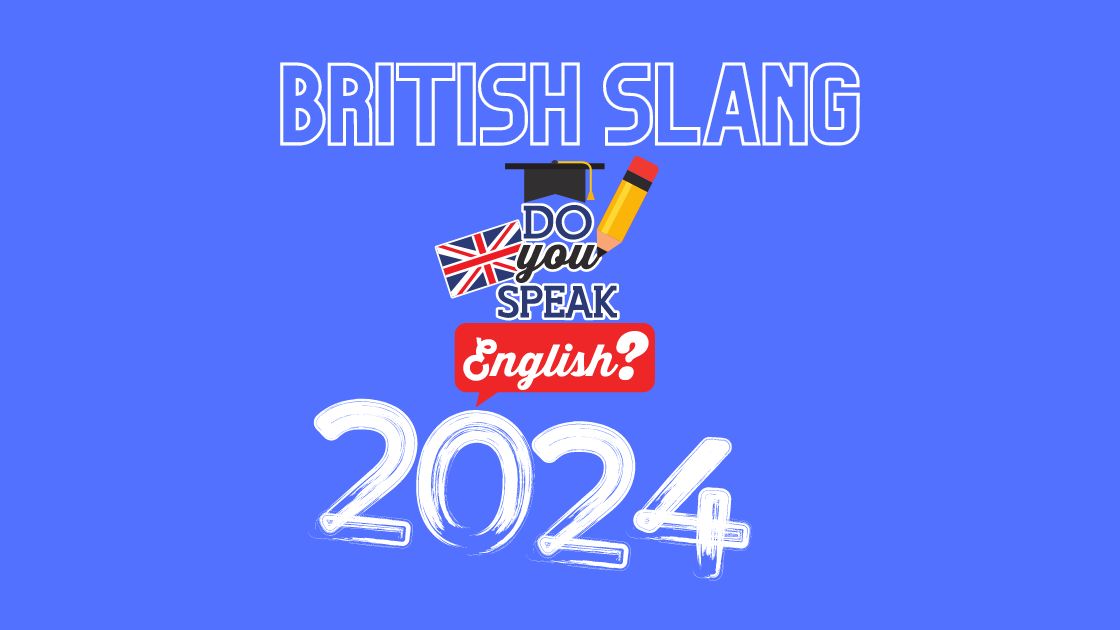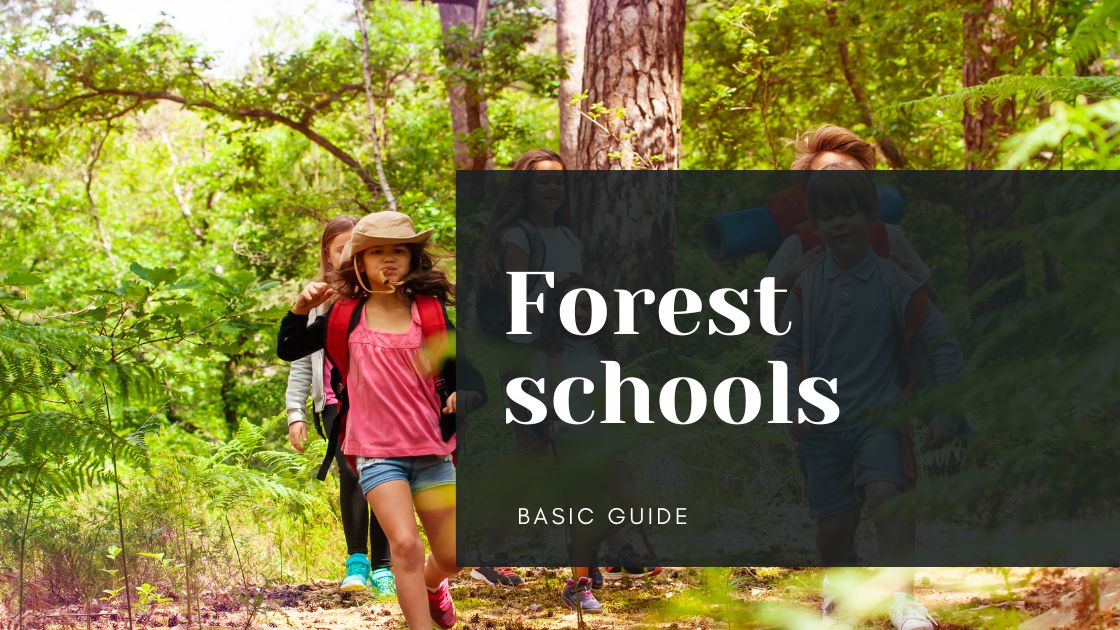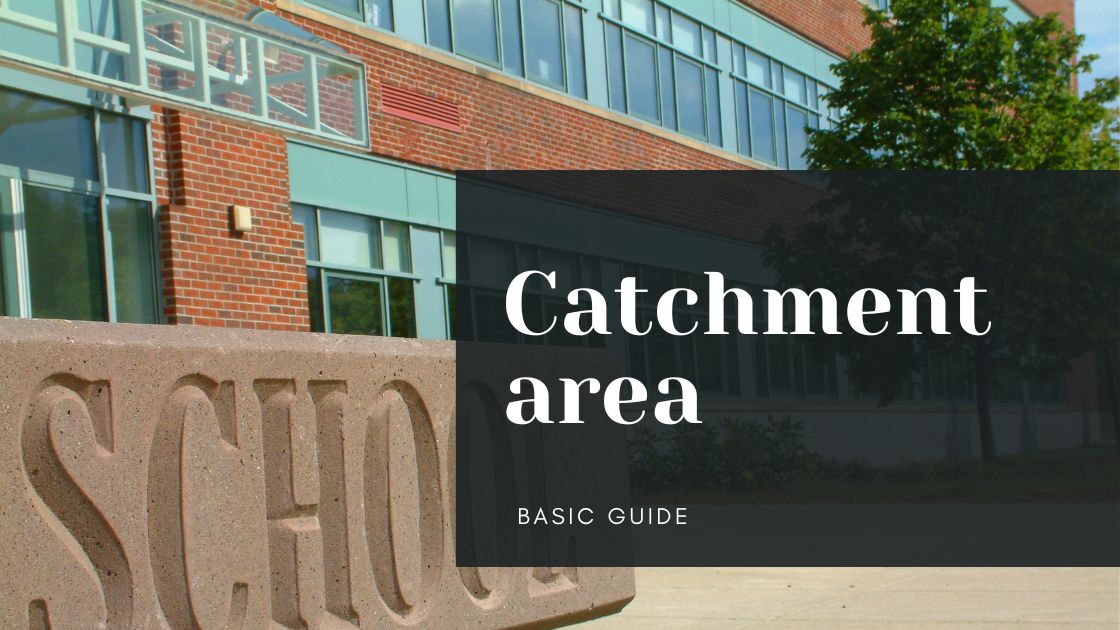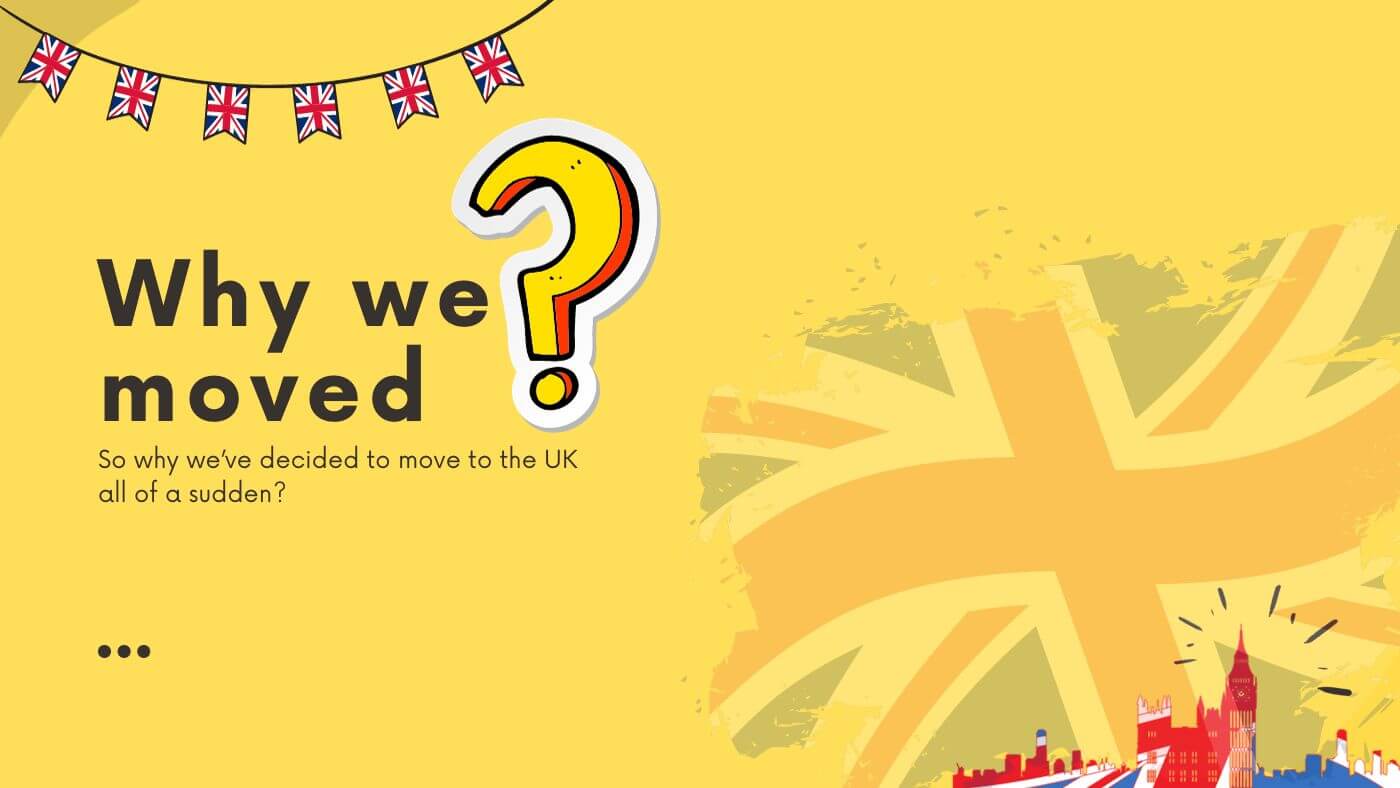Ever stumbled upon the term learning journeys for kids and wondered, “What on earth are these?” Well, you’re not alone! In simple terms, imagine a magical book that captures every sparkle of your child’s learning adventure, from their very first painting to the day they counted to ten all by themselves. These aren’t just any books but your child’s own story of growth, discovery, and all the fun they’ve had while learning.
So, why chat about them? Because they’re not just precious keepsakes. They’re key players in your child’s education. They help us see how our little ones evolve, turning every challenge into a victory dance and every question into a quest for knowledge.
As parents and guardians, you get to be part of this thrilling journey, too! Join us as we unravel this together.
What are Learning Journeys?
Learning journeys are a patchwork of records documenting the evolution of a child’s learning, development, and experiences. The journals cover the child’s early years in educational settings like primary schools and nurseries. These vibrant, comprehensive portfolios capture many moments, from everyday interactions and spontaneous discoveries to structured learning outcomes and milestones.
Imagine a day filled with purpose and creativity dedicated to putting together these learning journals. Transforming the classroom into a bustling workshop of memories and reflections is exciting. Educators become documentarians of learning, capturing spontaneous snapshots of children absorbed in their activities.
Teachers collect evidence of learning, from painted masterpieces to constructed models, each piece a testament to a child’s creativity and exploration. This journal includes photos of your child engaging in various activities, examples of their creative work, and insightful observations by teachers.
The Benefits of Learning Journeys
Creating learning journeys and journals unveils many benefits that enrich the educational landscape for children, parents, and educators. These narratives of learning and growth foster a culture of reflection, celebration, and personalised development.
Let’s explore the benefits these educational tools offer.
For the Child: A Journey of Self-Discovery and Growth
Each child’s learning journey is unique, reflecting their areas for development, as well as their interests and strengths. Personalised approaches are there to ensure tailored learning that meets every child’s specific needs and curiosity. The learning process helps to foster a deeper engagement.
As children witness their achievements and progress documented over time, they develop a stronger sense of self-worth and confidence. This visual and narrative affirmation of their capabilities encourages them to embrace new challenges and celebrate their learning journey.
Learning journeys invite children to reflect on their experiences, encouraging them to think about how they learn best. This metacognitive process lays the foundation for lifelong learning habits. Children become more aware of their learning processes and how to navigate them effectively.
For Parents: A Window into the World of Learning
Learning journeys offer parents a glimpse into the learning experiences of their children. This detailed insight fosters a deeper understanding and appreciation of the educational journey, enabling parents to engage more meaningfully with their child’s development.
These journals serve as a bridge between home and school, opening channels for communication and collaboration. Parents become active partners in the educational process, working alongside educators to support their child’s learning journey in and out of the classroom.
This may involve extending learning themes into the home environment, providing resources, or simply engaging in conversations that reflect the learning journey together.
For Educators: A Tool for Reflection and Growth
Documenting learning journeys sharpens educators’ observational skills, enabling them to notice subtle nuances in children’s learning and interactions. This deeper insight allows for more responsive teaching strategies which are tailored to the needs of each child.
Learning journeys offer a dynamic assessment tool, providing educators with valuable information for curriculum planning and individualised learning experiences. This ongoing assessment ensures that teaching strategies align with each child’s developmental progress and interests.
Creating learning journeys encourages educators to reflect on their practice, fostering a culture of continuous improvement and professional growth.
As a Parent, What Should You Ask During the Meeting?
Take some time to review your child’s learning journal together regularly. This can be a wonderful bonding activity that allows you to discuss their achievements and memories. Ask teachers open-ended questions related to the work and experiences to encourage them to express their thoughts and feelings.
Use the learning journal as a basis to discuss progress and areas for growth. No matter how small, celebrate the milestones and discuss how overcoming challenges is possible. This reinforces a positive attitude towards learning and resilience.
Before meetings, review the learning journal to prepare yourself in advance for the discussion. This can help make conversations more productive and focus on the individual needs and progress of your child.
Insights on Development
Ask about how your child engages with different learning activities and areas where they thrive or may need additional support. This can help tailor learning experiences to their needs and interests.
Guidance for Home Activities
Ask for recommendations on activities or resources that can support learning at home. This shows your willingness to be involved and can provide valuable ideas for reinforcing learning outside school.
Socialising
Understanding your child’s social interactions and emotional well-being is crucial. Ask about how they make friends and any observed changes in their confidence or behaviour. This can be crucial as it can give a child the help they need to socialise better.
Should You Bring Something?
In an effort to enrich a child’s learning journey, parents often wonder if contributing something from home could add value to this educational narrative. The answer is a resounding “Yes!” Bringing elements from a child’s home life into their learning journal enriches the document and strengthens the child’s understanding that learning continues at home and transcends school boundaries.
Take a look at the types of contributions that can help a learning journey and how you can integrate them effectively.
Creative Works
Children often engage in arts, crafts, and writing activities at home. Bringing samples of these creations to be included in the learning journal provides a fuller picture of the child’s interests, skills, and personality. It shows the child that their home-based activities are valued and encourages them to take pride in their work, both inside and outside the classroom.
Photographs of Learning in Action
Photos capturing children engaged in learning activities, family outings, or experiences in nature can be precious additions. These images can stimulate discussions about the child’s interests, spark ideas for future learning projects, and help educators tailor educational experiences more closely to the child’s world.
Parental Observations
Sharing observations about your child’s behaviour, conversations, or emerging interests at home can offer educators valuable insights. These observations can highlight aspects of the child’s development that may not be as visible in the classroom setting, aiding in a more comprehensive understanding and support of the child’s learning journey.
Questions and Curiosities
Children are naturally curious, often asking questions that reveal their interests and thought processes. Documenting and sharing these questions with educators can open new avenues for exploration and learning, making the educational experience more engaging and relevant to the child.
Sharing Traditions
Including elements of your family’s culture and traditions can enrich the learning journey by introducing diversity and broadening the educational experience for all children in the setting. This could be in the form of stories, recipes, crafts, or celebrations that your child enjoys at home, fostering an environment of inclusion and mutual respect.
Bilingual Resources
Suppose your child is being raised in a bilingual environment. In that case, sharing books, songs, or games in your home language can provide educators with tools to support your child’s linguistic development and cultural identity.
It helps educators nurture the child’s bilingual abilities, helping their cognitive development and fostering a sense of pride in their identity. These multilingual additions will surely open doors to new worlds of understanding and expression. They allow children to appreciate the richness of global cultures right from their classroom.
Wrapping Up
The world of learning journeys and journals is truly magical. They create a colourful tapestry of your child’s learning and growth. It’s not just about filling pages with pictures and notes but about weaving together the story of their unique adventure in learning.
These precious collections help us see the world through their eyes, celebrate their achievements, and remember that every day is a new discovery. So, let’s cherish these moments, contribute our own special touches, and continue to support and celebrate our little explorers on their incredible journey.
After all, every page turned is a new chapter in their extraordinary story of learning. Here’s to many more discoveries, laughter, and learning together.

